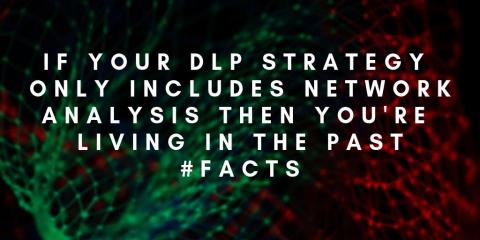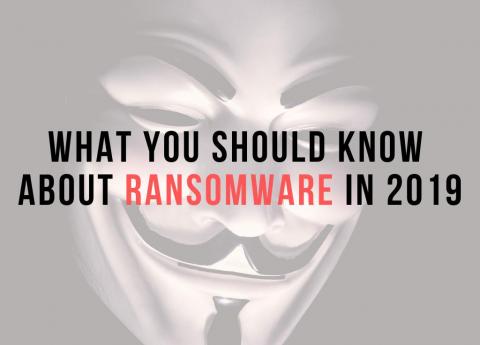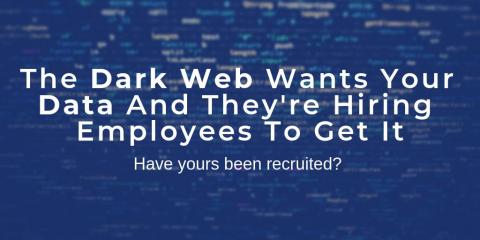What is User and Entity Behavior Analytics and why does it matter?
A lot could happen within 100 days. One could start a new company, travel around the world or train for a marathon. One hundred days is also around the average time that attackers spend frolicking around compromised networks before being detected. For countries in Europe, Middle East, and Africa the number goes up to 175, or almost half of a year. To make matters worse, the longer a breach remains undetected the more expensive it becomes.








